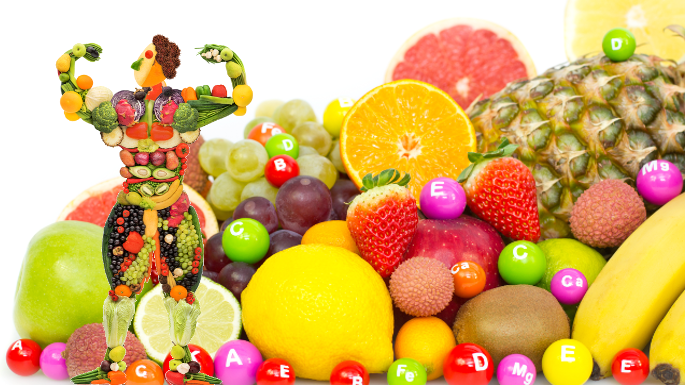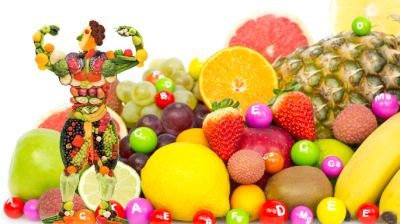Hair loss is not just a cosmetic issue; for many, it can deeply impact emotional health as well. With aging or genetic factors, hair loss can become a problem, but it can also result from deficiencies in several vitamins in the body. Vitamins play a crucial role in healthy hair growth. According to a report published by the Times of India, some people are unaware of how dependent their hair is on adequate vitamin levels, leading to weak hair, shedding, and thinning. To understand these deficiencies and address them, the following vitamins are highlighted:
**Vitamin D**
A deficiency in Vitamin D can lead to brittle hair and increase its tendency to break, as well as excessive hair shedding and thinning. Low levels of Vitamin D are also responsible for greying hair. If the body is severely lacking in this vitamin, consumption of fatty fish, egg yolks, and fortified dairy products can help. Increased sun exposure is also beneficial for restoring Vitamin D levels.
**Vitamin A**
A deficiency in Vitamin A can lead to excessive hair thinning and loss. The regrowth period after hair shedding may take months, and dandruff may also be prevalent. The good news is that Vitamin A deficiency can be compensated for by taking Vitamin A capsules. For better results, it’s advisable to consume orange and yellow-colored vegetables rich in Vitamin A, such as sweet potatoes, carrots, and peppers, along with dark leafy greens. Cod liver oil can also be taken to boost Vitamin A levels in the body.
**Vitamin E**
Daily hair loss and a thinning scalp can indicate a Vitamin E deficiency. Individuals with low Vitamin E levels are also prone to autoimmune disorders like alopecia areata. Vitamin E can be consumed through dietary supplements or by increasing the intake of sunflower seeds, spinach, almonds, and avocados. Natural oils such as rosehip oil combined with olive oil can also provide better results.
**Vitamin C**
If an individual experiences dry hair, split ends, increased shedding, and slow growth, there may be a deficiency of Vitamin C in the body. One should ensure they consume foods rich in Vitamin C, such as broccoli, peppers, citrus fruits, and strawberries, to enhance their Vitamin C levels. Dietary supplements are also readily available.
**Folic Acid**
Vitamin B9, or folic acid, is very important as it is responsible for cell growth and division. A lack of folic acid can weaken the necessary cell division needed to produce new hair. Folic acid deficiency will slow down this process and may lead to excessive hair loss. The good news is that adequate levels of folic acid can be restored by consuming leafy vegetables, citrus fruits, lentils, and beans. Thus, Vitamin B9 helps nourish dense hair with a rapid growth rate.
**Iron**
A deficiency of iron in the body can lead to hair loss from the scalp, halting hair growth and resulting in thinning. While iron deficiency can be treated with a good diet and iron supplements, it can also be effectively addressed by taking oral iron medications. For better results, lentils, spinach, beans, red meats, and fortified cereals should be included in the diet, or animal sources that can improve iron levels in the body will help reduce the cycle of hair loss.




